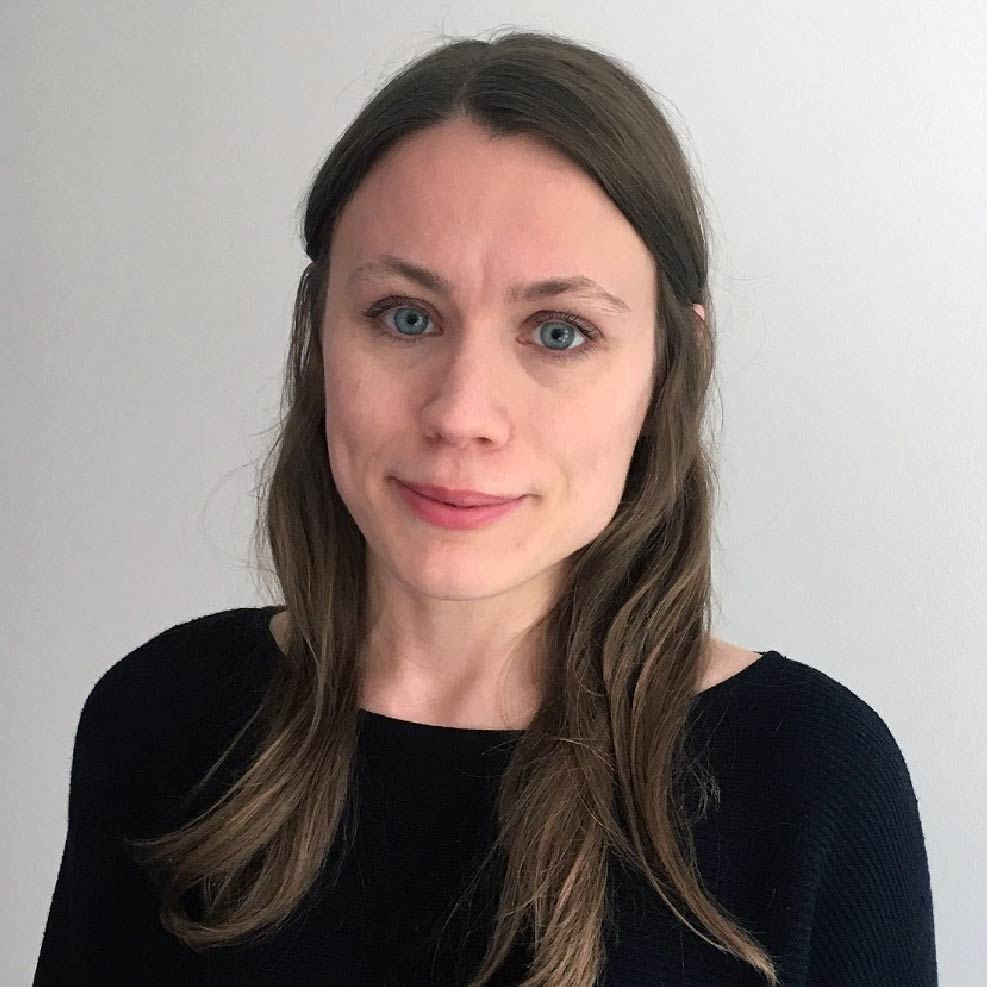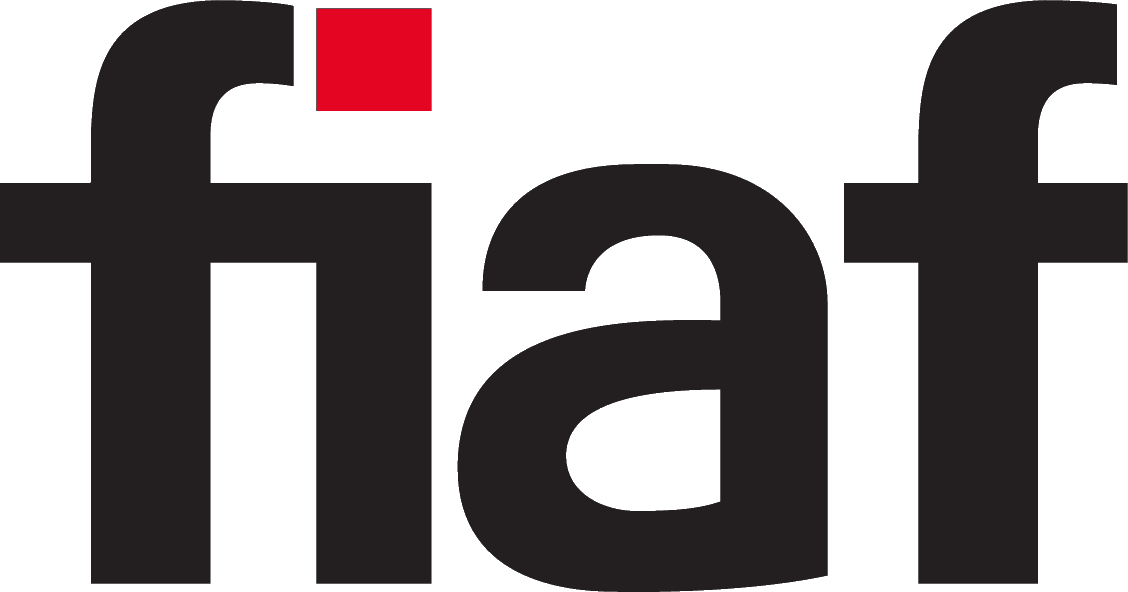2023 Mexico City Symposium
Session 5 : "It’s a Woman’s Job: Female Workers in Cinema"
Mexico, 18 April 2023
When thinking about women in the film industry, their participation is limited to roles that perpetuate gender stereotypes. The presentations that make up this session show that the female cinema workers have contributed since its dawn to the most diverse trades: producing celluloid, defining color in the cinema, styling the image of a nation, being laboratory technicians and building networks to never again go unnoticed.
Please do not publish or re-use in any way any of these documents without prior permission of the speakers.
Female Employees of the Orwo Factory and the Lives of Women in the German Democratic Republic
Caroline Figueroa Fuentes is a film restorer and archivist. After completing her degree in Restoration of Movable Cultural Property from the National School of Conservation, Restoration and Museography of the National Institute of Anthropology and History of Mexico, she went on to work as a restorer and archivist in different audiovisual archives, including: Televisa Foundation, the Centro de Capacitacion Cinematografica, A.C. and the Cineteca Nacional de México. She subsequently acted as a consultant for the implementation of a preservation plan for the film archive of the Cinemateca Dominicana in the Dominican Republic. Recently she completed her MA in Conservation and Restoration of Audiovisual and Photographic Heritage at the University of Applied Sciences – HTW Berlin, where she also collaborated as a regular lecturer and laboratory engineer in the focus area of conservation and restoration of photographic and audiovisual materials. In the last year, she served as a film restorer for the German Federal Archives (Bundesarchiv) and was later appointed restorer in charge of the audiovisual collections of the Ethnological Museum and the Museum of Asian Art of Berlin.

Hairdressers as Women Pioneers in Japanese Filmmaking
Mika Tomita was a curator of the National Film Archive of Japan since September 2015, now she is in charge of educational programs. Some of the screening programs she was in charge of were, “”Chuji Kinoshita Retrospective at his Centenary: A Film Score Composer””, “”In Celebration of UNESCO World Day for Audiovisual Heritage, 50th Anniversary Special Screenings of 2001: A Space Odyssey in New 70mm””, “”Picturesque Japan: Japanese Landscape as Seen by the World””; and “Film Censorship in Pre-war Japan: A Perspective of the Film Scenes “Cut” by the Home Ministry.” She specializes in Japanese film history, and is the author and editor of “”Chie Pro Jidai” (a history of a Japanese film star, Chiezo Kataoka’s independent production in the silent era) and co-editor of “Image-database and Studies for Japanese Arts and Cultures””.
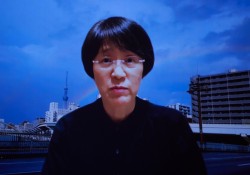
Women Technicians at Work in French Photochemical Film Labs
Li-Chen Kuo
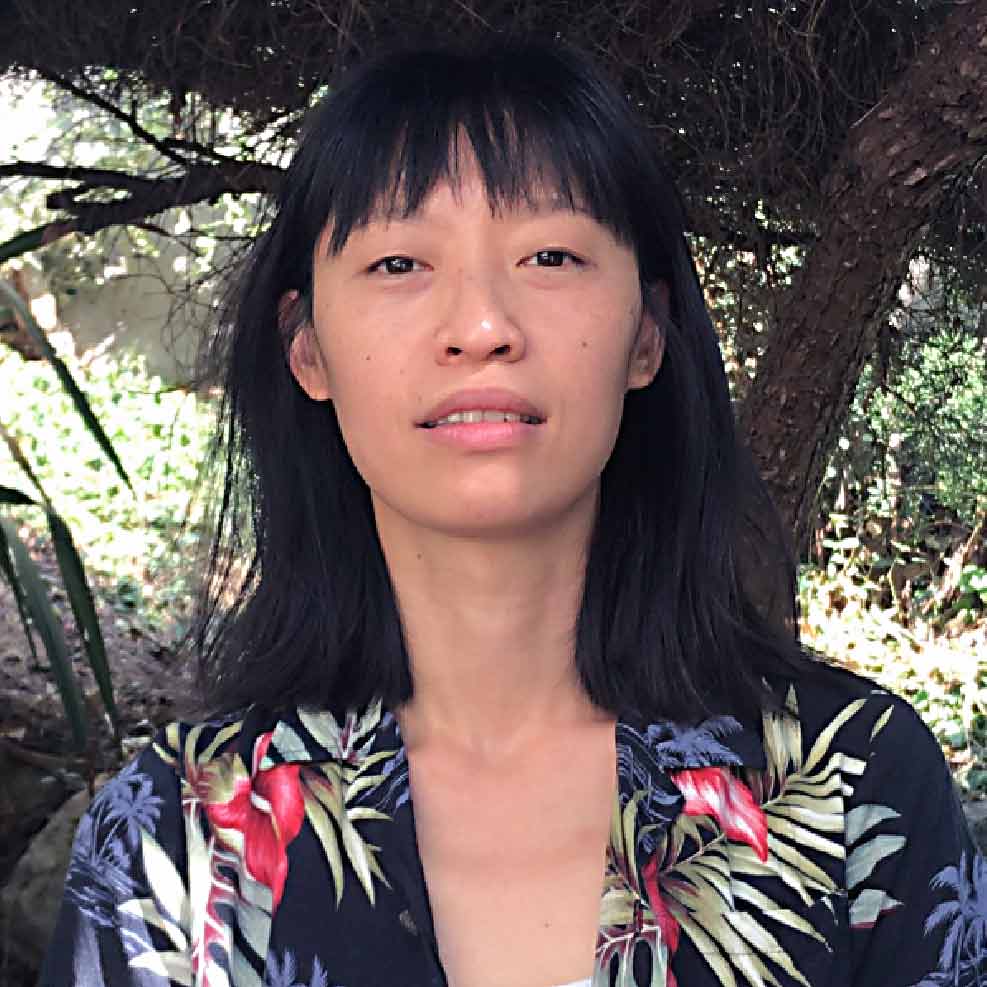
Exhibition ‘Color in Motion’: Exploring Women’s Contributions to the History of Film Colors
Jessica Niebel is Exhibitions Curator at the Academy Museum of Motion Pictures where she has curated the opening exhibitions “Hayao Miyazaki,” “Path to Cinema: Highlights from the Richard Balzer Collection,” and the upcoming exhibitions “Shifting Perspectives: Vertical Cinema” and the Getty Foundation’s PST: Art x Science project “Color in Motion.” Previously, Jessica served as curator at DFF – Deutsches Filminstitut & Filmmuseum, Frankfurt. She holds a Master’s in media science, film, and English literature from the Philippe-University, Marburg, and studied media production at the University of Southern Queensland.
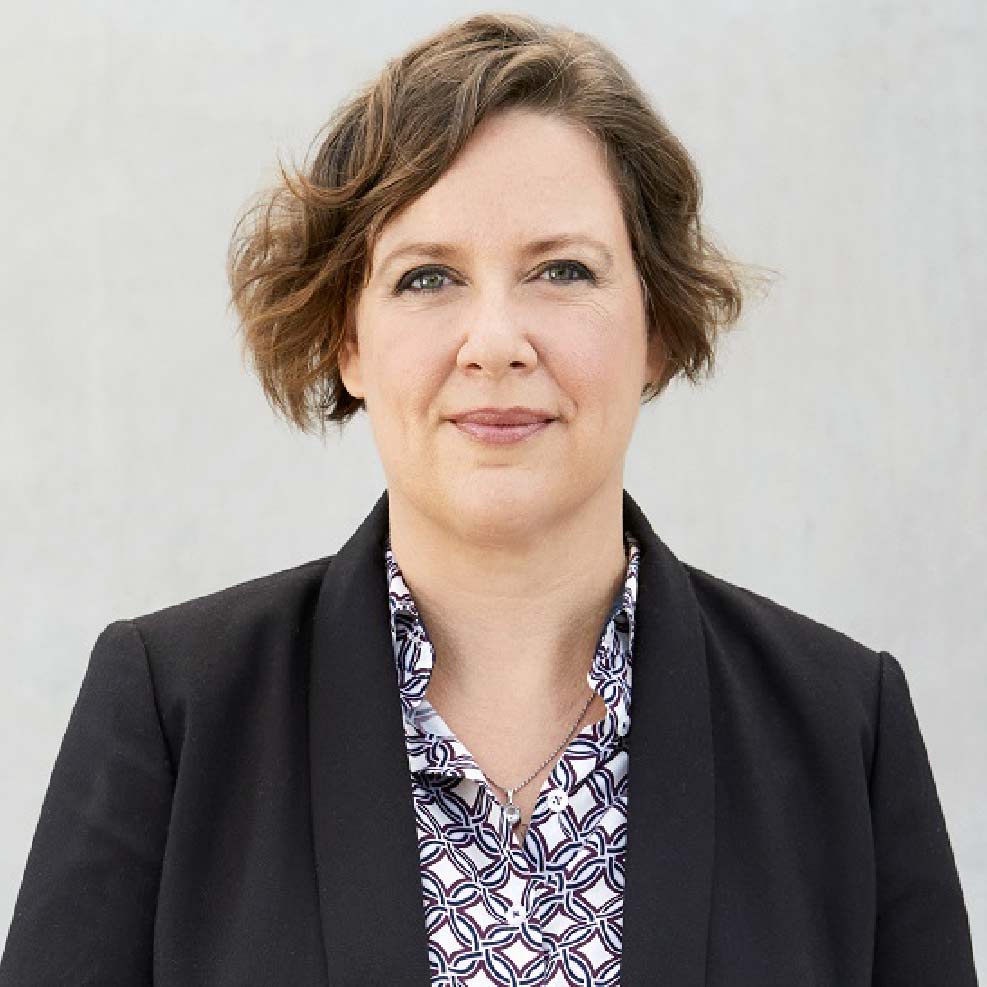
Women’s Agency in the Nordic Film Industry: Presenting the Nordic Women in Film Website
Tove Thorslund works at the Swedish Film Institute as editor and project manager of Nordic Women in Film (www.nordicwomeninfilm.com). She holds a PhD in Cinema Studies from Stockholm University, an MA in Cinema Studies from the same department, and a BA in Film and Video from LCC: University of the Arts London. Her thesis Do You Have a TV? Negotiating Swedish Public Service through 1950s Programming, “Americanization,” and Domesticity examines three strands of early Swedish television: programming in the 1950s, processes of “Americanization,” and domestic, socio-cultural change in relation to the new medium. Prior to her doctoral studies Thorslund worked at the production company Film38 in London, giving her an insight into working hands-on in film production. Her fields of interests include film and television history, gender studies, time and temporality and historic reception.
